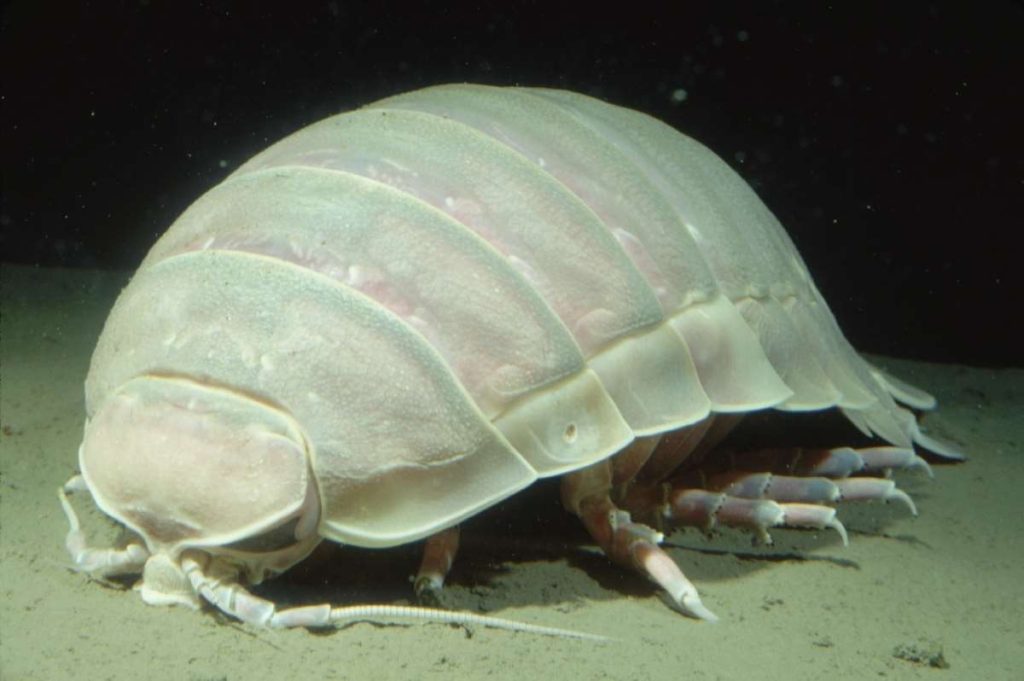Why Isopods Are Considered Nature’s Most Efficient Recyclers
When it comes to nature’s recyclers, few creatures are as remarkable as isopods. Often referred to as pill bugs or woodlice, these small crustaceans play an extraordinary role in maintaining the balance of our ecosystems. Their unique biology and habits make them one of the most efficient natural recyclers on Earth. Here’s why these tiny creatures deserve our admiration.
Masters of Decomposition
Isopods excel at breaking down organic matter, turning waste into valuable nutrients for the soil. They feed on dead plants, fallen leaves, and decaying wood, speeding up the decomposition process. By doing so, they transform waste into a rich, fertile medium that supports plant growth.
- Accelerate natural decomposition
- Reduce accumulation of organic waste
- Enrich soil with essential nutrients
Their efficiency ensures that ecosystems remain clean and sustainable, making them indispensable in forest floors, gardens, and even urban green spaces.
Nutrient Cycling Champions
Beyond decomposition, isopods play a pivotal role in nutrient cycling. By digesting organic material, they release nutrients such as nitrogen and phosphorus back into the soil. These nutrients are crucial for plant development and overall ecosystem health.
- Maintain soil fertility naturally
- Promote plant growth without chemical fertilizers
- Support the food chain for other organisms
In essence, isopods act as nature’s fertilizer factories, constantly rejuvenating the land they inhabit.

Natural Soil Aerators
Isopods are also excellent at improving soil structure. As they burrow and move through the soil, they aerate it, creating channels that allow water and oxygen to reach plant roots more effectively. This natural aeration enhances soil health and promotes robust vegetation growth.
- Improve soil texture and drainage
- Enhance water retention in dry soils
- Encourage healthier root systems
Their dual role in decomposition and soil aeration makes them a vital component of any thriving ecosystem.
Eco-Friendly and Low-Maintenance Recyclers
Unlike human-managed composting systems, isopods work tirelessly without supervision. They require minimal resources and leave no harmful byproducts behind. Their efficiency and sustainability make them a perfect model for eco-friendly recycling.
- Operate entirely on natural processes
- Produce no pollution or toxic waste
- Self-sustaining and low-maintenance
Conclusion: Small Creatures, Big Impact
Isopods may be tiny, but their ecological contributions are enormous. By decomposing organic matter, cycling nutrients, and improving soil health, they exemplify the power of natural recycling. Celebrating these remarkable creatures reminds us that even the smallest beings can create a positive, lasting impact on our environment. In a world increasingly focused on sustainability, isopods show us that efficient recycling does not require technology sometimes, it just requires a tiny, diligent creature quietly doing its job.



